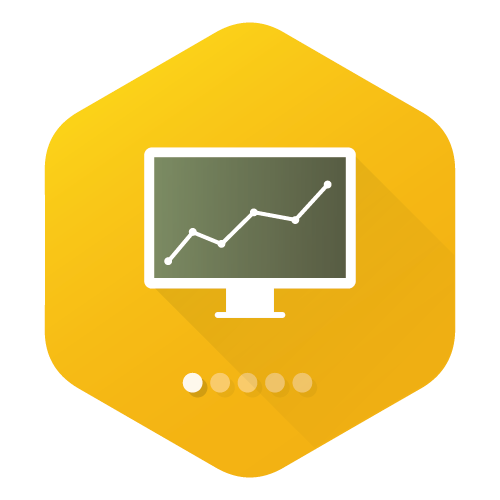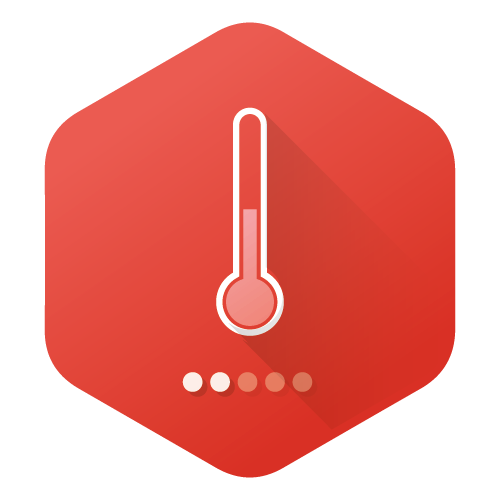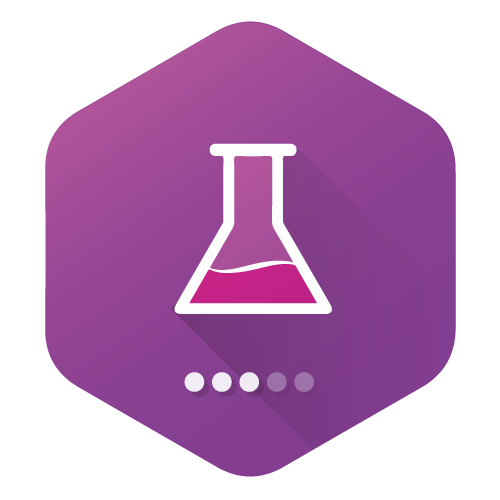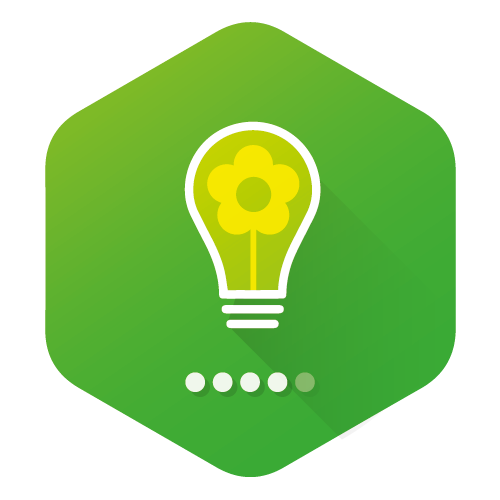About The Science Survival Kit Modules

5 modules
to help you learn the science essentials and develop the necessary skills and knowledge to pursue research and entrepreneurial projects.
Continuity
Modules need to be taken sequentially, as they gradually build up the knowledge and skills.
2 levels
Introductory modules give you the foundations for interdisciplinary life science research, while advanced modules allow you to conduct open ended projects in a supportive environment.
Pedagogical approach
- Learning by doing
- Project-based learning
- Learner-centered design, personalised learning
- Interdisciplinary approach and design thinking
- Active work with different systems, from molecules to ecosystems
- Focus on science and society and UN sustainable development goals
- Open science and sharing of processes and results
- Peer-2-peer and self-assessments using real-time and online feedback forms
- Intergenerational teaching and learning
Teaching tools
- Online lessons (eLearning) + real-time lectures = hybrid courses
- Personalised tutoring
- Individual and team projects in the field and in the lab
- Programming and hacking, using Python and Arduino
- Social media science communication, using Twitter and blogging
- Yearly Science Survival Kit Conference - autumn conference where the projects are presented in the form of talks, posters and short articles published in Proceedings
Research skills
- Interdisciplinary thinking
- Scientific communication
- Database creation and usage
- Bibliography
- Reading and understanding articles
- Lab notebook
- Experimental design
- Data analysis
- Responsible conduct in science
Transversal skills
- Digital literacy
- Problem solving
- Communication
- Time and project management
- Learning how to learn and transmit knowledge
- Innovative and critical thinking
- Leadership and cooperation
- Knowing oneself, understanding one’s motivation and emotions
Science literacy is the artery through which the solutions of tomorrow's problems flow.




